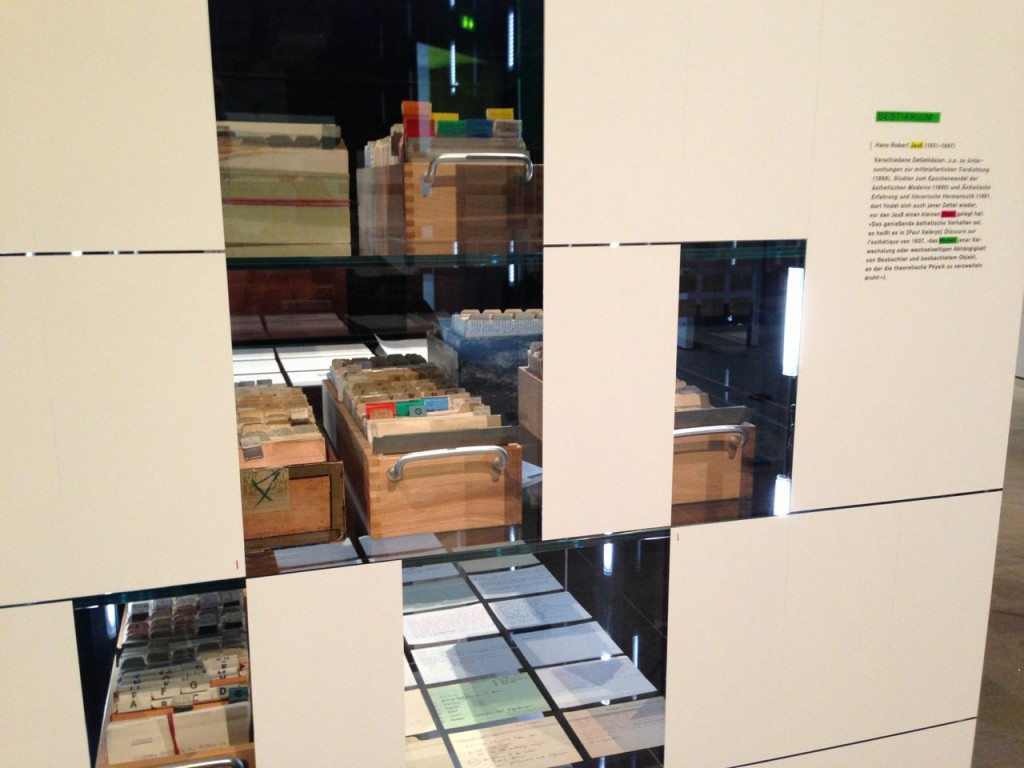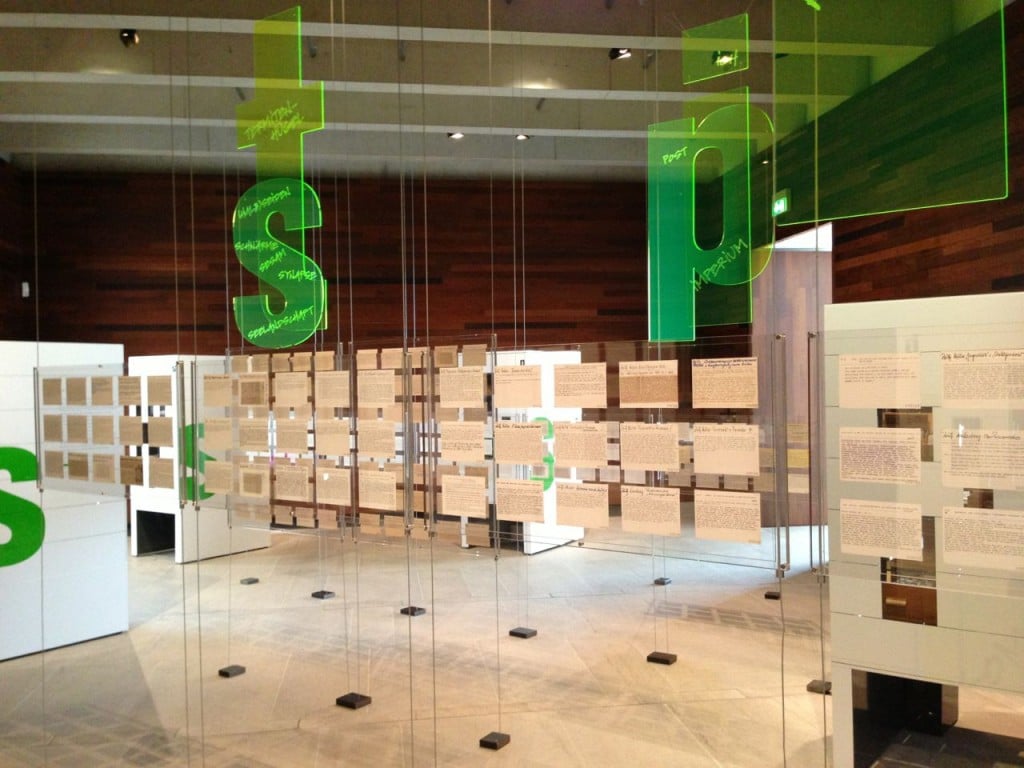https://www.zylstra.org/blog/2022/06/spring-83/
I've been thinking about this sort of thing off and on myself.
I too almost immediately thought of Fraidyc.at and its nudge at shifting the importance of content based on time and recency. I'd love to have a social reader with additional affordances for both this time shifting and Ton's idea of reading based on social distance.
I'm struck by the seemingly related idea of @peterhagen's LindyLearn platform and annotations: https://annotations.lindylearn.io/new/ which focuses on taking some of the longer term interesting ideas as the basis for browsing and chewing on. Though even here, one needs some of the odd, the cutting edge, and the avant garde in their balanced internet diet. Would Spring '83 provide some of this?
I'm also struck by some similarities this has with the idea of Derek Siver's /now page movement. I see some updating regularly while others have let it slip by the wayside. Still the "board" of users exists, though one must click through a sea of mostly smiling and welcoming faces to get to it the individual pieces of content. (The smiling faces are more inviting and personal than the cacophony of yelling and chaos I see in models for Spring '83.) This reminds me of Stanley Meyers' frequent assertion that he attempted to design a certain "sense of quiet" into the early television show Dragnet to balance the seeming loudness of the everyday as well as the noise of other contemporaneous television programming.
The form reminds me a bit of the signature pages of one's high school year book. But here, instead of the goal being timeless scribbles, one has the opportunity to change the message over time. Does the potential commercialization of the form (you know it will happen in a VC world crazed with surveillance capitalism) follow the same trajectory of the old college paper facebook? Next up, Yearbook.com!
Beyond the thing as a standard, I wondered what the actual form of Spring '83 adds to a broader conversation? What does it add to the diversity of voices that we don't already see in other spaces. How might it be abused? Would people come back to it regularly? What might be its emergent properties?
It definitely seems quirky and fun in and old school web sort of way, but it also stresses me out looking at the zany busyness of some of the examples of magazine stands. The general form reminds me of the bargain bins at book stores which have the promise of finding valuable hidden gems and at an excellent price, but often the ideas and quality of what I find usually isn't worth the discounted price and the return on investment is rarely worth the effort. How might this get beyond these forms?
It also brings up the idea of what other online forms we may have had with this same sort of raw experimentation? How might the internet have looked if there had been a bigger rise of the wiki before that of the blog? What would the world be like if Webmention had existed before social media rose to prominence? Did we somehow miss some interesting digital animals because the web rose so quickly to prominence without more early experimentation before its "Cambrian explosion"?
I've been thinking about distilled note taking forms recently and what a network of atomic ideas on index cards look like and what emerges from them. What if the standard were digital index cards that linked and cross linked to each other, particularly in a world without adherence to time based orders and streams? What does a new story look like if I can pull out a card either at random or based on a single topic and only see it or perhaps some short linked chain of ideas (mine or others) which come along with it? Does the choice of a random "Markov monkey" change my thinking or perspective? What comes out of this jar of Pandora? Is it just a new form of cadavre exquis?
This standard has been out for a bit and presumably folks are experimenting with it. What do the early results look like? How are they using it? Do they like it? Does it need more scale? What do small changes make to the overall form?
For more on these related ideas, see: https://hypothes.is/search?q=tag%3A%22spring+%2783%22







